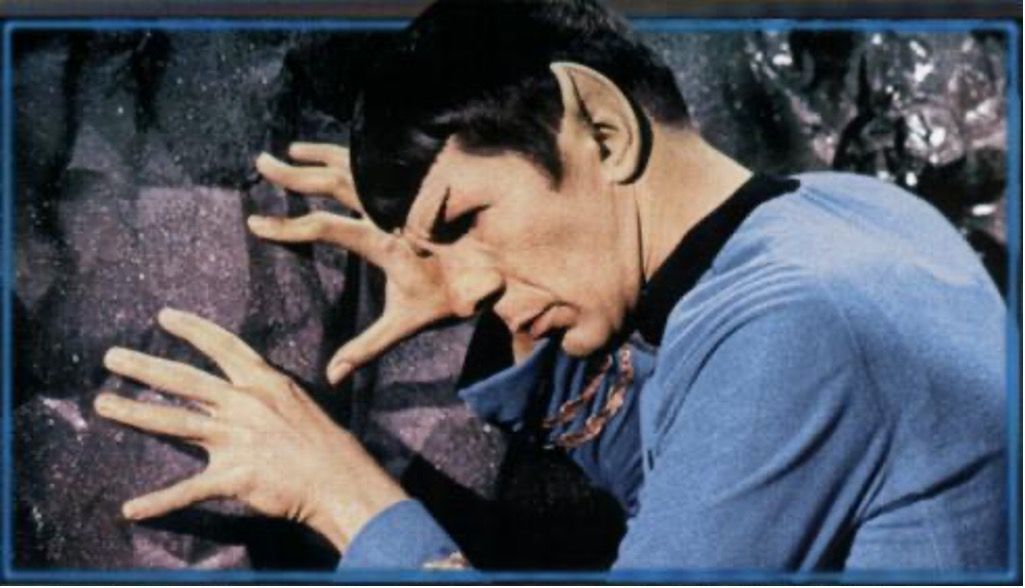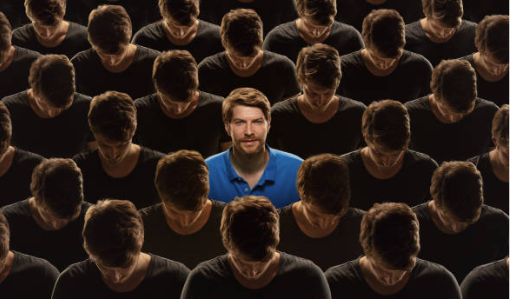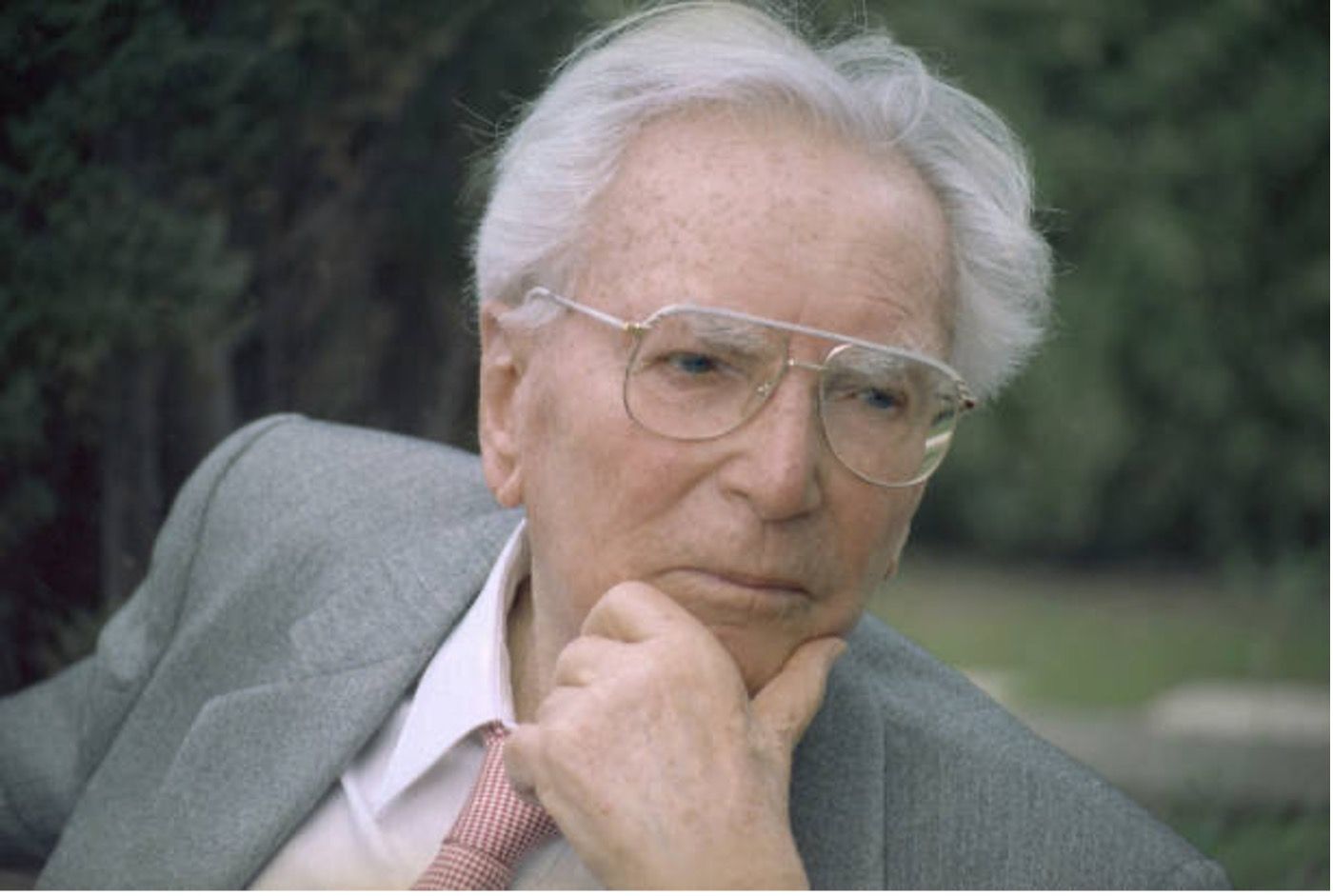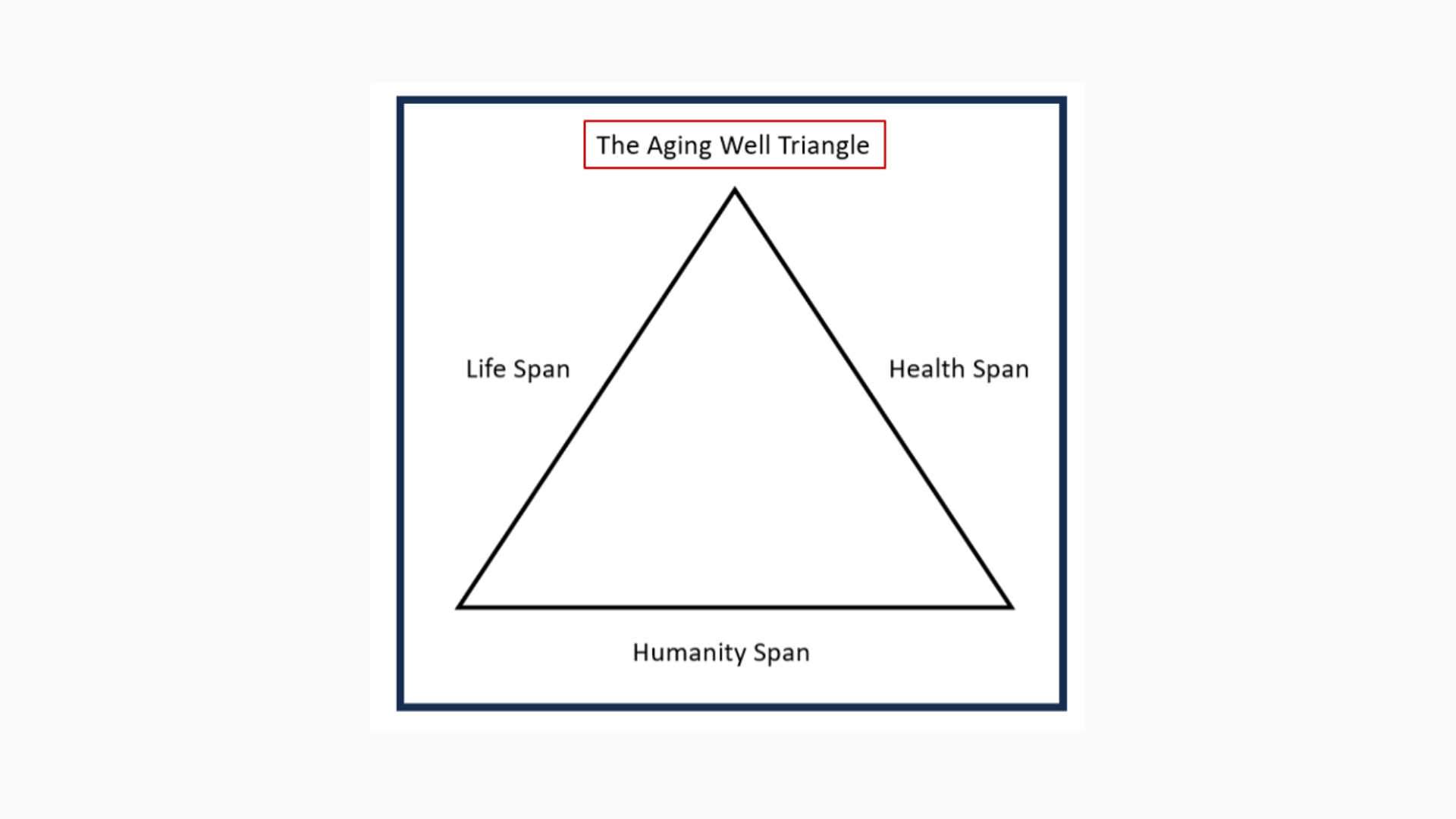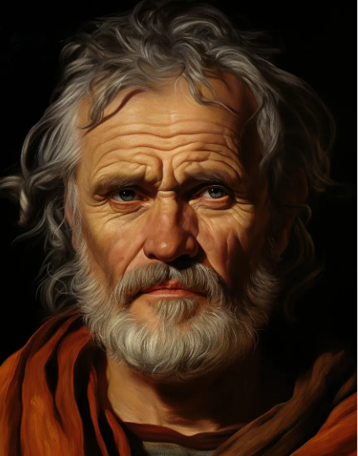THE EIGHT CARDINAL QUALITIES OF A WISE LEADER
In our latest expression, Wisdom for Leaders, here’s what we work on - the eight fundamental qualities that distinguish a wise leader.
WISE LEADERS ARE DEVOTED TO MAKING A DIFFERENCE
Wise leaders practice principled-centered judgment. It is a conscious practice of operating from what's ethically right and then acting on it. Wise leaders don't skip maximizing shareholder wealth, but leaders see this wealth contributing to the greater good. Wise leaders set their sights higher. Wise leaders believe their actions should have a moral purpose. It’s not money or morality; it’s money and morality.
WISE LEADERS GRASP THE SOURCE AND AND THE WHOLE
Before making a judgment call, wise leaders sense what lies behind a situation, the source, the headwater. They project a vision of the future or the consequences and decide on the actions needed to realize that vision. Their wisdom enables them to see the essence and intuitively gauge people's reactions and events. Wise leaders perceive the past, the present, and the future in one large gulp.
WISE LEADERS UNDERSTAND CONTEXT IS DECISIVE
Context is the controlling space in which the business operates and in which people relate and work. For instance, some companies have a business context where just information is shared, nothing more. This business context usually results in short-term relationships. There’s no humanity in information. People are held as objects in a sea of objects. But when wisdom is in the fabric of the context, employees have meaningful growth and development along with peer-to-peer relations that directly touch their humanity.
WISE LEADERS CAN COMMUNICATE THE SOURCE AND THE WHOLE
Wise leaders can communicate in a way that everyone can understand. The essence of a situation is often hard to express, so wise leaders must use stories, metaphors, and other figurative languages. But these stories, metaphors, and descriptive languages must come from a leader's willingness to be vulnerable, authentic, and self-revealing, allowing for individuals grounded in different contexts and with different experiences to grasp things intuitively.
WISE LEADERS KNOW HOW TO EXERCISE DIPLOMATIC POWER
For a wise leader, it's not enough to identify the essence or communicate it. Wise leaders also
know how to bring people together and prompt them to be unified, coordinated, and take aligned action.
Wise leaders exercise political judgment by understanding the various viewpoints and emotions realized through everyday verbal and nonverbal communications. Wise leaders carefully consider timing—when to make a move or to discuss issues. They keep the Miles Davis statement in mind – "Timing isn't everything. It's the only thing."
WISE LEADERS GROW WISDOM IN OTHERS
Wisdom should never be regarded as if it belongs only to its chief executive or top management team. Wisdom works best from the bottom up. Employees at all levels can develop their wisdom, given wisdom is innate. Furthering wisdom in others is the fastest way to grow leadership and loyalty in an organization.
WISE LEADERS KNOW THAT SELF-UNDERSTANDING IS THE DOOR TO WISDOM
Wise leaders know that job one is to discover the stranger within. Wise leaders are on a constant quest for deeper self-understanding. Wise leaders understand they exist in a quantum world where the observer determines the observed. Wise leaders realize the more they know about themselves, the more they can read others.
WISE LEADERS RECOGNIZE THEY DON’T KNOW THEY DON’T KNOW
Most leaders know a lot. That’s what got them into their leadership position. The problem is the more a leader knows, the more they realize they don’t know, which drives them to accumulate even more knowledge. Ultimately a vicious circle if that’s all the leader is focused on – knowing more of what he or she already knows.
The truly wise leader knows they don’t know they don’t know, prompting them to be open to other possibilities other than what they already know.
